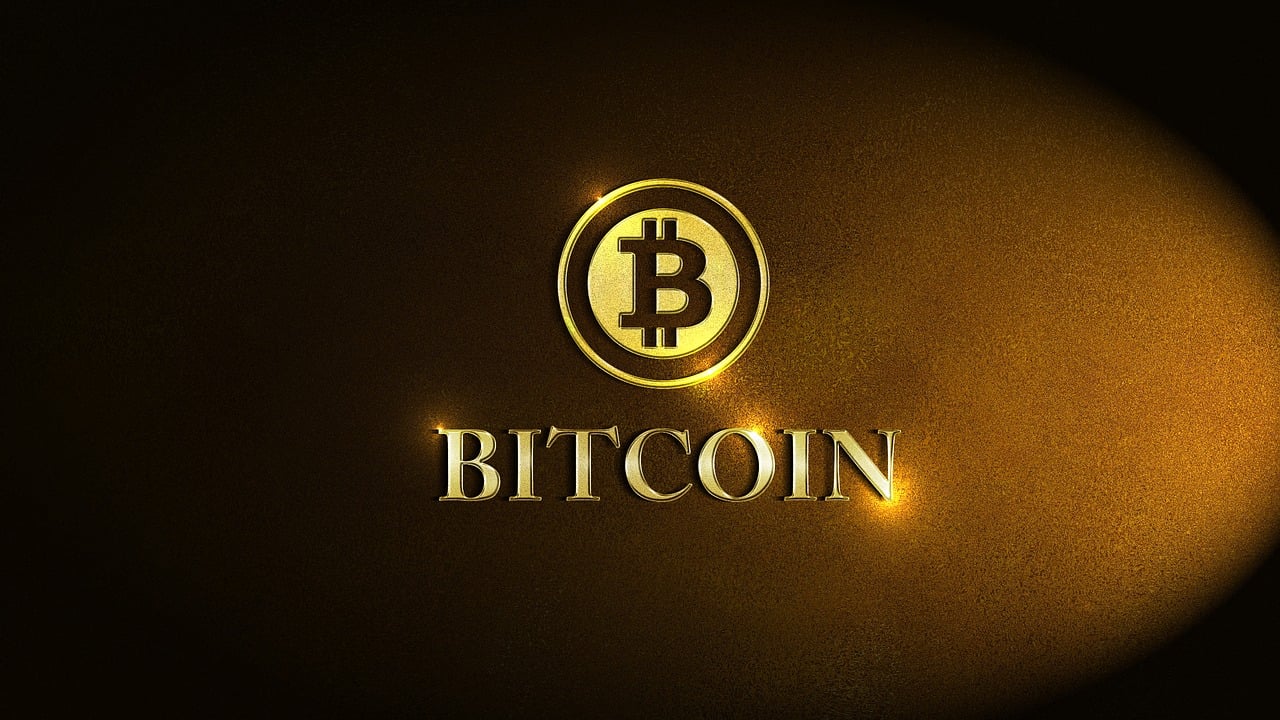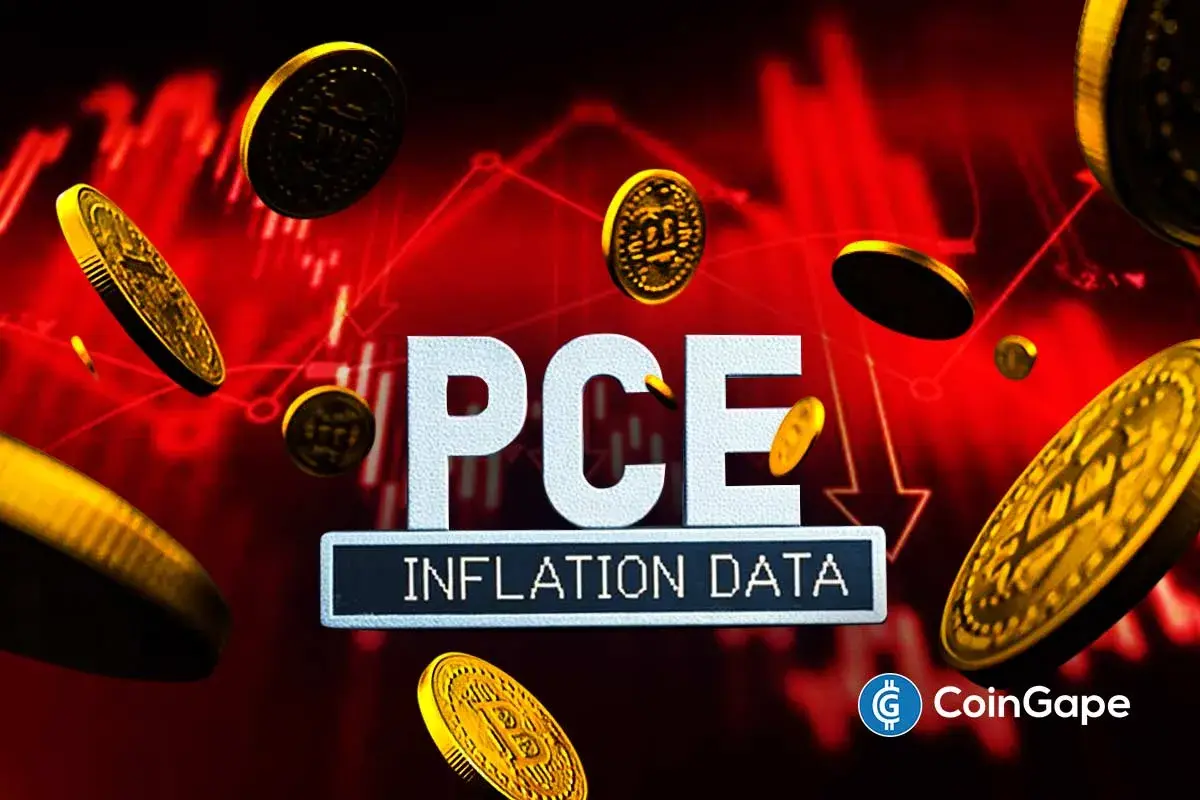Key Takeaways
- Several recently proposed bills and ongoing enforcement cases could define crypto industry’s future in the U.S.
- If the SEC and CFTC win their ongoing crypto lawsuits, they could set a terrible precedent for decentralized finance and the broader industry.
- However, if the regulatory agencies lose, crypto could enjoy a renaissance.
Share this article
The U.S. government’s approach to crypto regulation will determine whether the industry evolves to flourish or flounders into obscurity.
The U.S. Crypto Regulatory Landscape
Crypto regulation is coming to the U.S.—and it’s likely to have a major impact on the future of the industry.
The first key distinction to consider when analyzing the current state of play of crypto’s regulatory landscape in the U.S. is the difference between the government’s legislative and enforcement approaches. This is akin to comparing what the government says to what it does in practice, which is important because the difference between the two approaches provides valuable insight into the government’s true intentions concerning the industry and asset class.
On the legislative front, there has been a significant increase in crypto-related bill proposals over the last year, including Senators Cynthia Lummis and Kirsten Gillibrand’s Responsible Financial Innovation Act, Representative Josh Gottheimer’s Stablecoin Innovation and Protection Act of 2022, Senator Pat Toomey’s Stablecoin TRUST Act of 2022, and Senators Debbie Stabenow and John Boozman’s Digital Commodities Consumer Protection Act of 2022. If these bills come to pass as proposed, the crypto regulatory and industry landscape will see significant changes, most of which industry stakeholders have valued as positive.
Perhaps most notably, the Commodity Futures Trading Commission would take precedence away from the Securities and Exchange Commission in becoming the primary regulator of the asset class by gaining authority over cryptocurrency spot and derivatives markets. Until recently, this was considered a highly welcomed change among industry stakeholders who have become fed up with the SEC’s aggressive “regulation by enforcement ” approach.
Another major change that would follow if these bills passed would be the introduction of significantly more stringent rules for issuing and managing stablecoins. This could lead to an implicit prohibition of unbacked, algorithmic, or “endogenously collateralized” stablecoins and 100% reserve requirements for stablecoin issuers. Stablecoin issuers will likely be required to own bank charters, which are very difficult to acquire, or register directly with the Federal Reserve. This would significantly reduce depeg risks within the cryptocurrency market. However, it could also centralize the on-chain economy if the space becomes too reliant on regulated stablecoin providers.
However, perhaps the most important development on the legislative front is the White House’s recent comprehensive framework for regulating the digital assets space. The framework was published on September 16 after President Biden signed an executive order on “Ensuring Responsible Development of Digital Assets” in March. It comprises the views and recommendations of the SEC, the Treasury Department, and multiple other government agencies on how to regulate crypto assets.
The framework provides the clearest overview to date of how the Biden Administration plans to deal with crypto, including plans to ramp up enforcement actions against illegal practices, pushing users away from crypto and toward government-issued and controlled centralized payment solutions like FedNow and CBDCs, amending the Bank Secrecy Act to apply explicitly to digital assets, and leveraging the country’s standing in international organizations to promote greater cross-border cooperation on crypto regulation and enforcement.
If the administration begins delivering on its plans, the U.S. crypto industry will start looking increasingly more like fintech than the grassroots movement seeking to create an alternative financial system it set out to be. By enforcing excessively stringent regulatory requirements on the industry, its stakeholders could start leaving the U.S. for more crypto-friendly jurisdictions, leading to an exodus of Web3 talent and eventually America’s subservience on the global crypto scene.
Regulation Through Enforcement
On the enforcement front, there are several critical ongoing cases that—depending on their outcome—could reshape the cryptocurrency landscape in the country. The most widely documented of these cases is the SEC v. Ripple, in which the securities agency is suing the blockchain company for allegedly conducting an illegal security offering by publicly selling XRP tokens. Judging by the case’s latest developments, the matter will likely be settled out of court, which would be a major win for both Ripple and the U.S. crypto industry. For the securities agency, losing the case or settling out of court would make it much harder to pursue other crypto companies on the same charges, giving crypto issuers and exchanges much-needed breathing room.
The second critical case is SEC v. Wahi, where the securities agency is suing a former Coinbase employee and two co-conspirators on insider trading charges. In a flagrant example of “regulation by enforcement,” the SEC argues that “at least” nine of the cryptocurrencies listed on the exchange were securities. If accepted by the court, this claim could have broad implications in the industry by making it easier for the agency to pursue crypto exchanges for illegally offering unregistered securities.
In another ongoing case highlighting the SEC’s “regulation by enforcement” approach, the agency is trying to establish its hold over the industry by making broad claims that could have severe implications for the asset class. Namely, in the SEC v. Ian Balina case, the agency has argued that Ethereum transactions should be considered as “taking place” within the U.S. because more Ethereum nodes are located in the U.S. than in any other country. For that reason, the SEC says, Ethereum should fall under its jurisdiction. If the court accepts this argument, the SEC could then try to establish jurisdiction over all Ethereum transactions involving tokens that it deems securities, regardless of the transaction counterparties’ location.
In another disappointing development for the crypto community, the CFTC— following in the SEC’s footsteps—is suing a decentralized autonomous organization and its token holders on charges of operating an illegal derivatives trading venue. The CFTC winning this landmark case would set a terrible precedent for DeFi protocols and token holders by ensuring they can be held liable for various crimes as “unincorporated associations.” This would effectively ravage DeFi, making it impossible for protocols and DAOs to function without risking prosecution.
Finally, the Treasury’s move to sanction the decentralized privacy protocol Tornado Cash stands out as one of the top enforcement actions that have already had an outsized effect on the industry. The move represents the first time a government agency has sanctioned a smart contract—immutable code living on the blockchain—and several key blockchain infrastructure providers, like Alchemy and Infura, have already complied with the sanctions.
Many crypto legal experts, including the U.S.-based crypto advocacy organization Coin Center, deem the move unconstitutional and a gross jurisdictional overreach and will likely challenge it in court. However, if the Treasury wins any challenging lawsuit, the entire crypto economy could suffer, casting doubt on its ability to uphold its core tenets like decentralization, credible neutrality, and censorship resistance.
Looking Ahead
Depending on whether the recently proposed cryptocurrency regulations come into law, and how the enforcement cases go, the U.S. crypto landscape could look completely different a couple of years from now. The optimistic view is that both the SEC and the CFTC lose all of the lawsuits that could set the industry back while lawmakers pass the more favorable proposed laws that offer clarity when it comes to regulation. If that becomes the case—and the chances are rather significant—the U.S. could become the world’s leading crypto-friendly jurisdiction, propping up the entire global industry with it.
On the other hand, the worst-case scenario is that legislators take way too long to pass favorable crypto regulations while the SEC and CFTC slowly regulate the space through enforcement. This would severely hinder the U.S. crypto industry’s remarkable growth and any technological innovation coming out of it. Given the U.S.’s outsized political and economic international influence, such a scenario would also bode negatively for the global crypto industry. One potential outcome of a tough regulatory environment is DeFi’s fragmentation into “RegFi,” composed exclusively of regulatory-compliant protocols, and DarkFi, composed of genuinely decentralized, non-compliant, censorship-resistant protocols.
Disclosure: At the time of writing, the author of this feature owned ETH and several other cryptocurrencies.
















